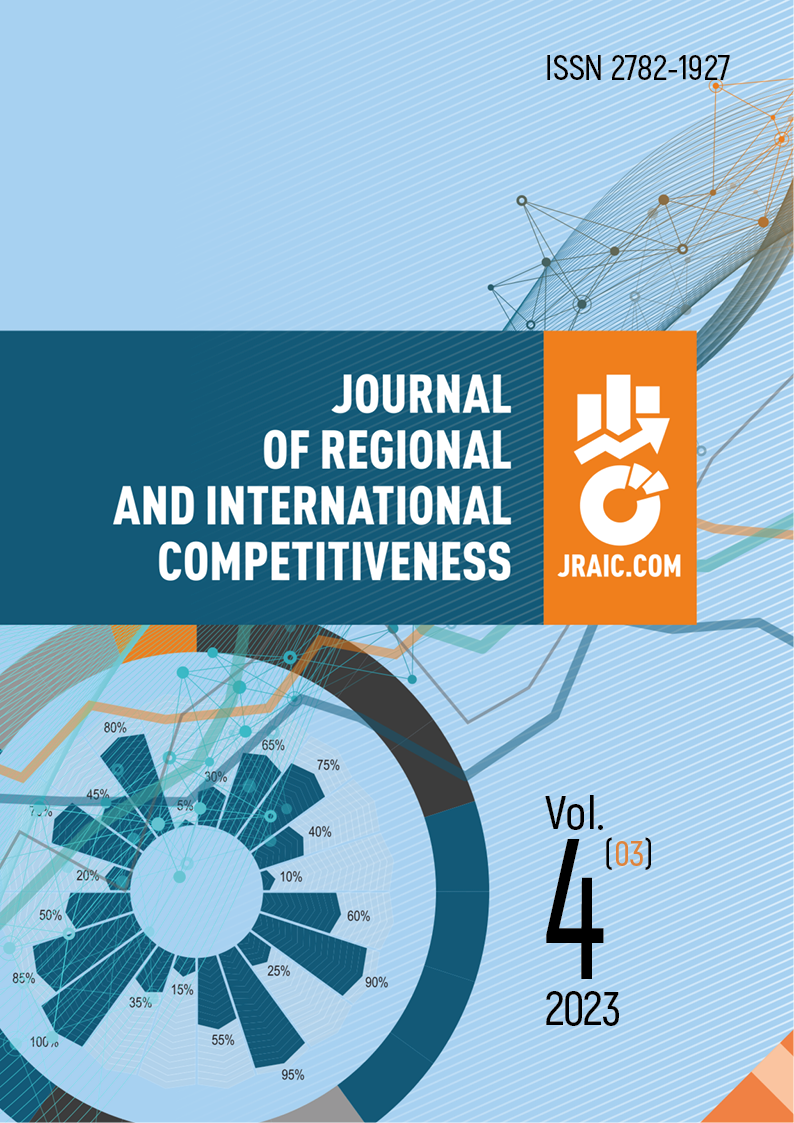Petrovskaya Academy of Sciences and Arts
Kostroma, Kostroma, Russian Federation
The purpose of the article is to assess the volume of the gaps in the blind spots of education and predict the possible risk of ignoring their existence. Also, the paper considers assessing the extent of harm, damage to society and its development, and determining this issue in terms of the theory of economic security. The author describes the problem and highlights the importance of finding ways to solve it. There is an issue of assessment of the gaps in the blind spots of education. Therefore, the sub-goal of the study is to identify the blind spots of the educational space to substantiate the role of fundamental education in the training of citizens. These citizens are capable of embodying the life of civilization in the foreseeable future in the conditions of the current instability of the higher education traditional functions implementation. It also allows us to identify the ideas for the elimination of the gaps in the blind spots of education.
educational space, political economy, gaps, blind spots, economic education, methodology of science.
1. Abalkin, L. I. (2005). Russia: the search for self-determination. Moscow: Nauka (in Russian).
2. Besedin, P. (2023, September 8). Why do you need to study? It seems that not only children do not understand it. Literaturnaya gazeta, (35), 9 (in Russian).
3. Voyevodina, T. (2023, August 30). I would like to be an engineer... Literaturnaya gazeta, (3), 2 (in Russian).
4. Inshakov, O. V. (2008). Introduction to the book. In O.V. Inshakov (Ed.). Color and light in economy and society. (pp. 17-28). Volgograd: Volgogradskoe nauchnoe izdatel’stvo (in Russian).
5. Ionin, L. G. (2004). Philosophy and methodology of empirical sociology. Moscow: Vysshaya shkola ekonomiki (in Russian).
6. Kleiner, G. B. (2008). Preface. In O.V. Inshakov (Ed.). Light and color in economics and society. (pp. 13-16). Volgograd: Volgogradskoe nauchnoe izdatel’stvo (in Russian).
7. Minnart, S. (1958). Light and colour in nature. Moscow: Fizmatgiz (in Russian).
8. Monin, A. S., & Solntseva, N. I. (2007). Life and Mind. Moscow: Nauka, 11 (in Russian).
9. Nikanorov, S. P. (2012). Lessons of the USSR. Historically unsolved problems as factors of the emergence, development and extinction of the USSR. Moscow: Prodyuserskij centr A. Gricenko (in Russian).
10. Chekmarev, V. V. (2023). Images and Icons of Education. Problems in political economy, (4), 142-159.
11. Chekmarev, V. V., & Skarzhinsky, M. I. (2008). “Blind spots” and “black holes” of the new political economy. In O.V. Inshakov (Ed.). Light and color in economics and society. (pp. 123-134). Volgograd: Volgogradskoe nauchnoe izdatel’stvo (in Russian).
12. Chizhevsky, A. L. (1924). Physical factors of the historical process. Moscow: Raduga (in Russian).




















